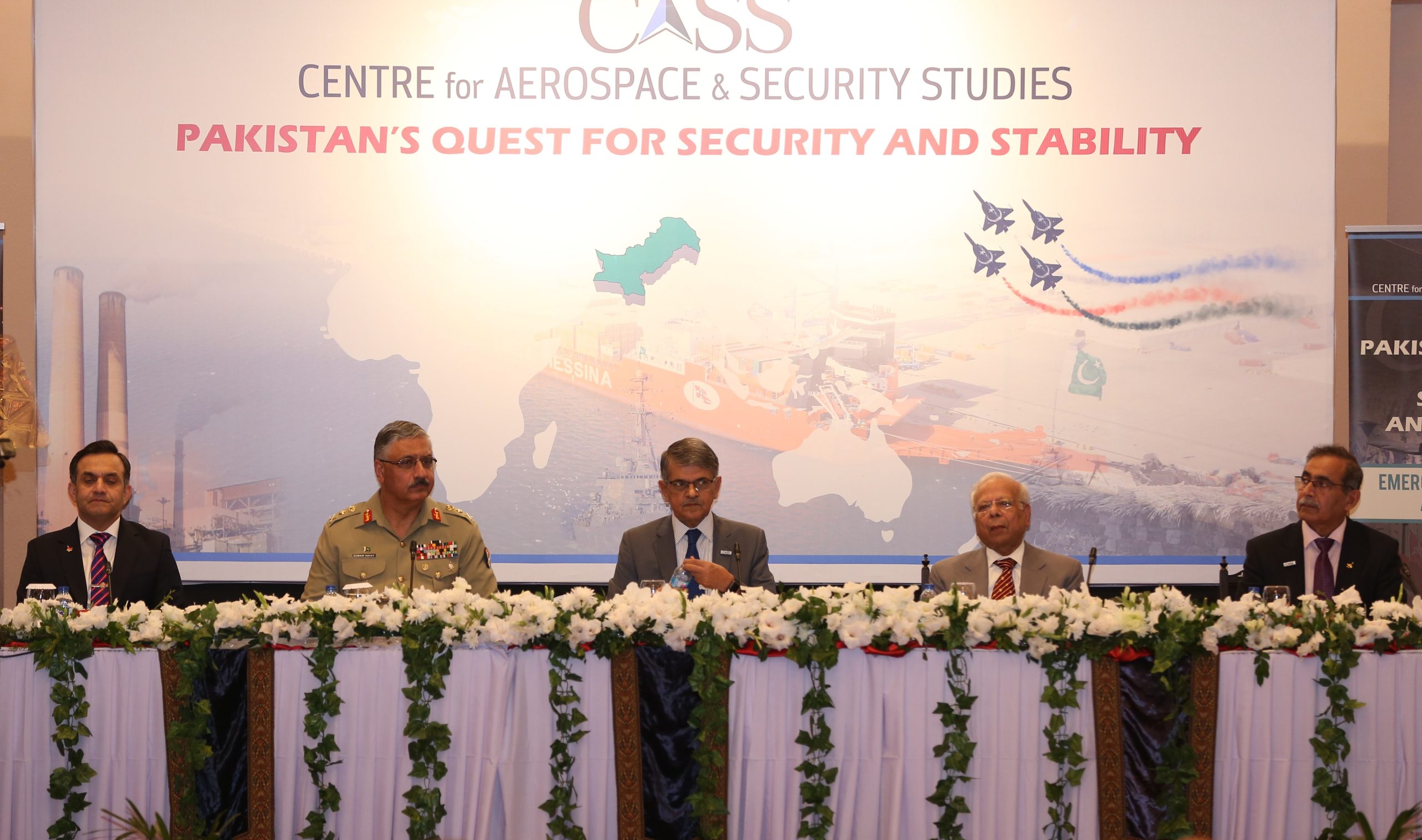During 21st Century, the term “National Security” has been redefined to include the non-traditional security challenges in addition to external military threats. The security and stability of any nation-state is dependent on a host of internal and external factors, such as economy, industrialization, literacy, size and quality of population, available national resources and military capability. Poor economic conditions lead to dissatisfaction which can then be exploited to create is harmony among the populace. Lower levels of literacy, when combined with poor economic conditions, can become a hot bed for terrorism. Weak national institutions lead to poor policy formulation and loss of trust in the government. External environments such as geographic location, unresolved disputes with neighbouring countries, regional alliances and big power interests also play an import role on a country’s security and stability.

Beyond Autopilot: Unmanned Systems and their Dual Use Potential
Unmanned systems, driven by rapid technological advancements, have become pivotal not only in the military domain but in civilian arenas also because of their dual nature. So far, most of the available literature looks at the military utility of unmanned systems only. However, this article sheds light on the usefulness of
12 views

How Vulnerable is the Aviation Industry to Cybersecurity Risks?
The aviation industry has embraced widespread digitalisation over the past decade to improve passenger experience and operational efficiency. However, according to the UN’s International Civil Aviation Organisation (ICAO), this advancement has exposed the industry to increasing cyber-attacks. Notably, a major cyber-attack against a global IT supplier in February 2021 underscored
33 views

Daniel McDowell, Bucking the Buck
Daniel McDowell’s book Bucking the Buck: US Financial Sanctions and the International Backlash against the Dollar is a notable addition to the literature on the de-dollarisation trend and its underlying motives. In it, McDowell critically analyses the influence of the overuse of economic sanctions by the United States (US)
44 views

© 2022 CASSTT ALL RIGHTS RESERVED
Developed By Team CASSTT
Contact CASS
CASS (Centre for Aerospace & Security Studies), Old Airport Road, Islamabad
+92 51 5405011
cass.thinkers@casstt.com
career@casstt.com
All views and opinions expressed or implied are those of the authors/speakers/internal and external scholars and should not be construed as carrying the official sanction of CASS.
